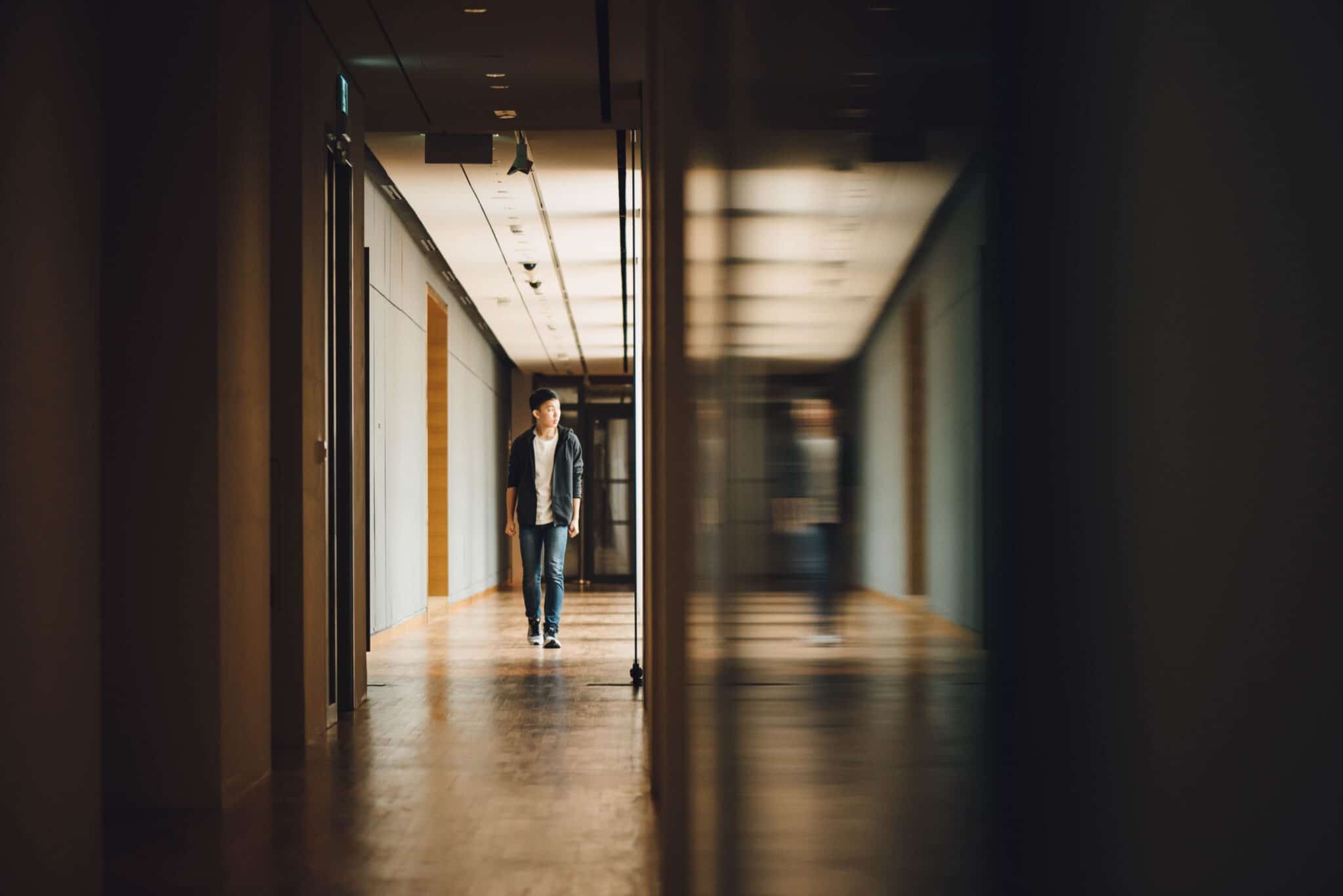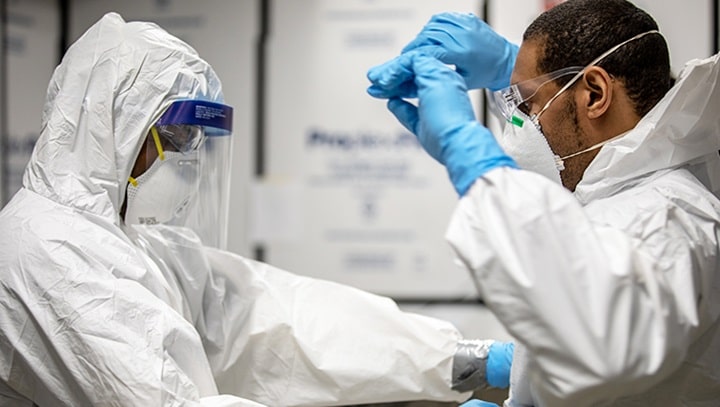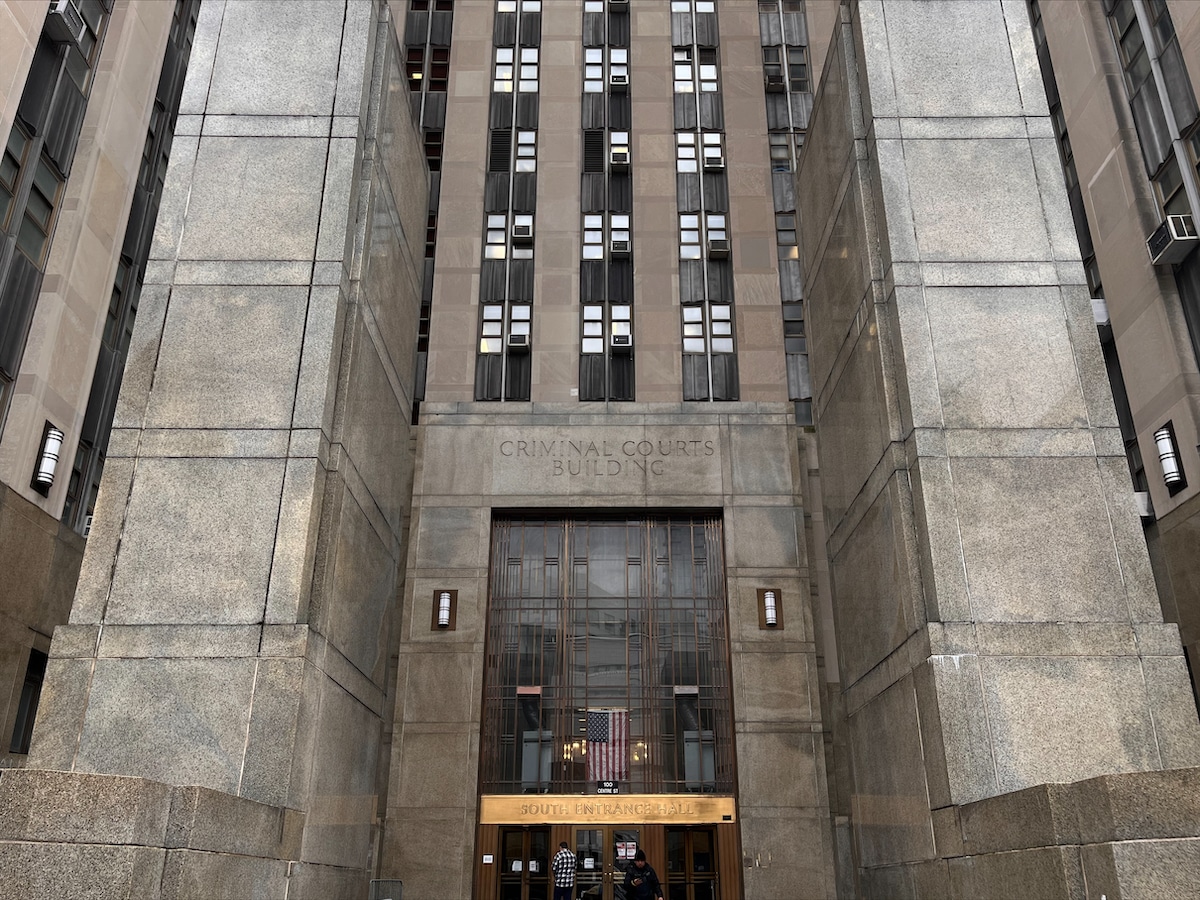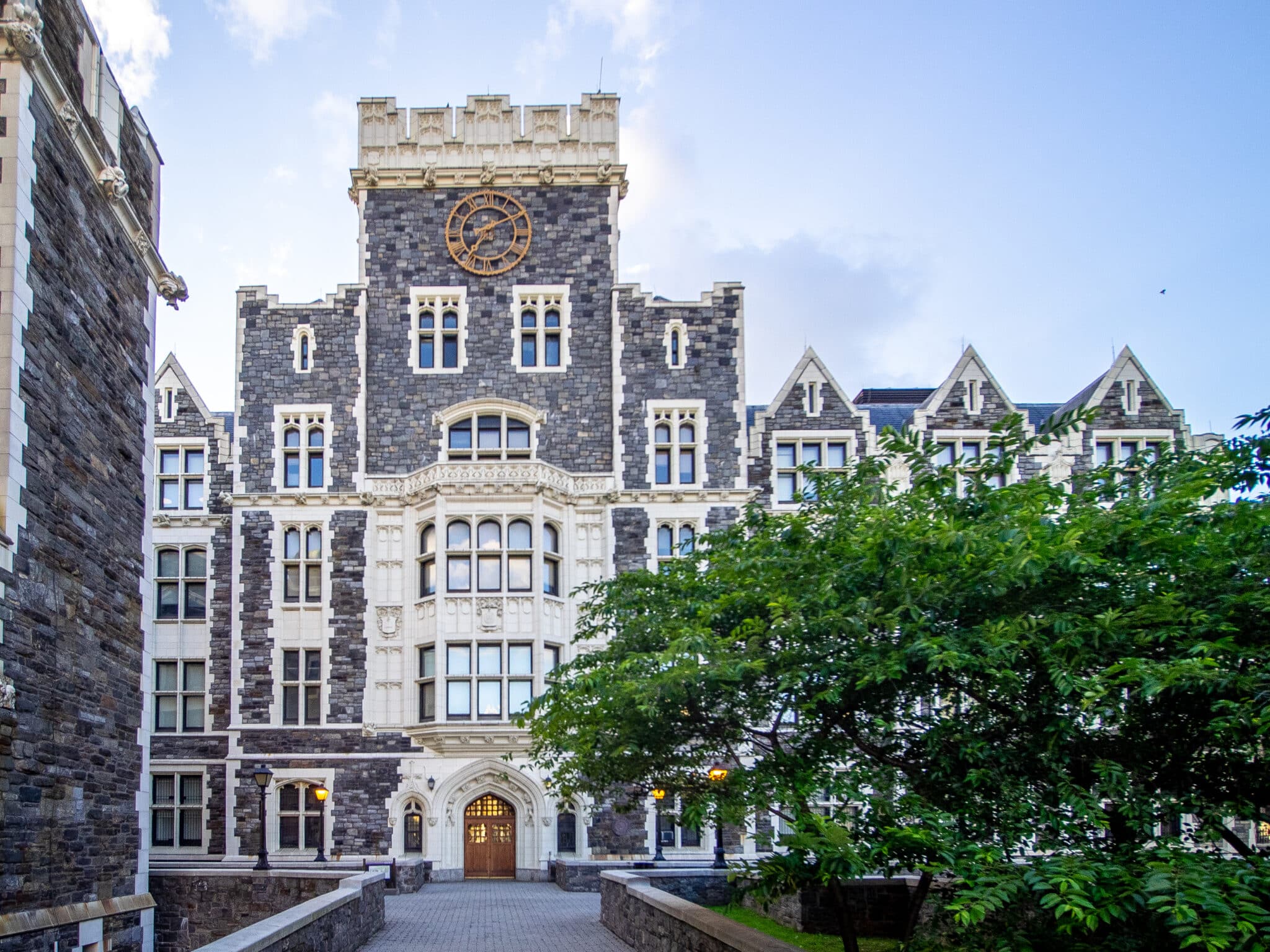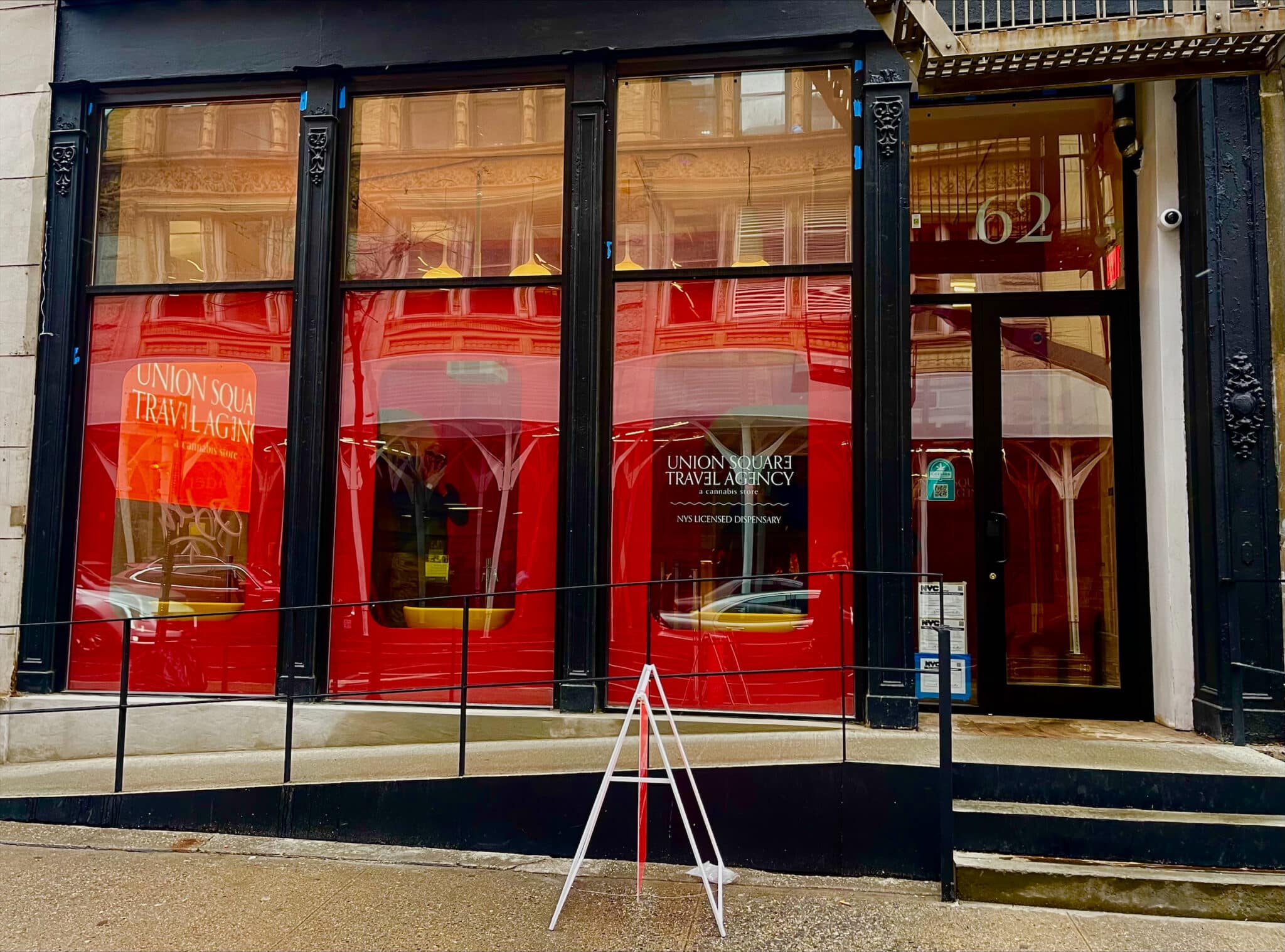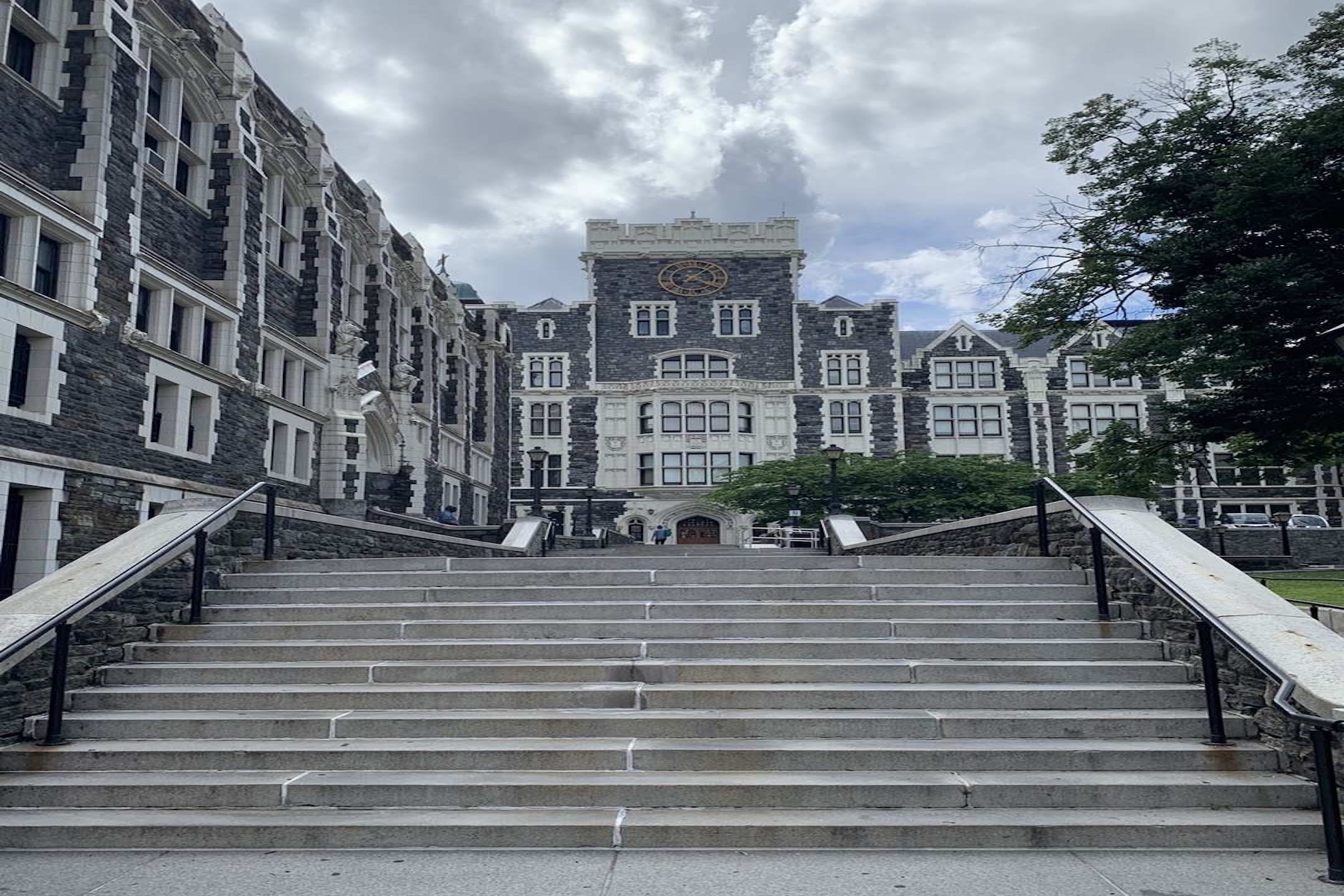The presence of metal detectors in schools creates a more stressful and anxiety ridden environment for students. Photo by CHUTTERSNAP on Unsplash.
Three years ago, Cesar Rodriguez was stopped on his way to class at The Scholars’ Academy High School in Rockaway Beach, Queens. Along with the usual machine used to swipe students’ IDs, something foreign stood in his way: metal detectors. “I was already running late to class; the metal detectors were just taking up more of my time,” said Rodriguez.
Now, more students will face a similar hurdle. In a press conference last month, Mayor Bill De Blasio announced his plans to boost security at specific schools in an effort to combat violence. Security measures include more school safety agents and the presence of unannounced metal detectors like the one Rodriguez dealt with.
Teachers and counselors also recognize that the pandemic has negatively impacted students’ social skills and mental health. As a result, schools have enforced mental health check-ins for K-12 students and hired 600 new social workers. While many teachers, parents and students consider this a step in the right direction, others are worried the increased presence of metal detectors will lead to the criminalization of Black and brown students and create more stress for students.
Joseph Moyalan, a sophomore at Baruch College, believes increased security and policing can only stop physical threats, such as students bringing weapons into the building. “Violent tendencies will still be present in other forms regardless of these barriers,” he said. “It’s important to address the root of the cause, such as students being too stressed, unhappy, bullied, etc.”
Yuren Rangel, an earth science major at City College, echoed this sentiment. “Installing metal detectors is not effective in any way, and, if anything, only further adds a sense of hostility and criminality,” he explained. “It’s a temporary fix that could do more damage than good.”
He also pointed to the difficulties of navigating online learning, and the importance of schools and universities to make campuses feel welcoming for returning students. “I just don’t see how returning to school only to see metal detectors and police everywhere can possibly be reassuring,” Rangel said. “It’s like the administration doesn’t trust us.”
A pharmacy student at St. John’s University, who preferred to remain anonymous, pointed to concerns about what having extra policing present in “certain schools” means for Black and brown young people. “Are “certain schools” just code for schools with more minorities?” she asked.
Rodriguez, now a sophomore at Stanford University, reflected on his experience in high school. “I’m glad it was only a one-time thing for me,” he said. “I think it was just a surprise inspection ordered by the Department of Education, but it didn’t make me feel any safer. I can’t imagine how it would make anyone else feel any safer either.”
Tags: CCNY City College of New York City College student journalists criminalization high school students NYC Public Schools public school system School Safety Security
